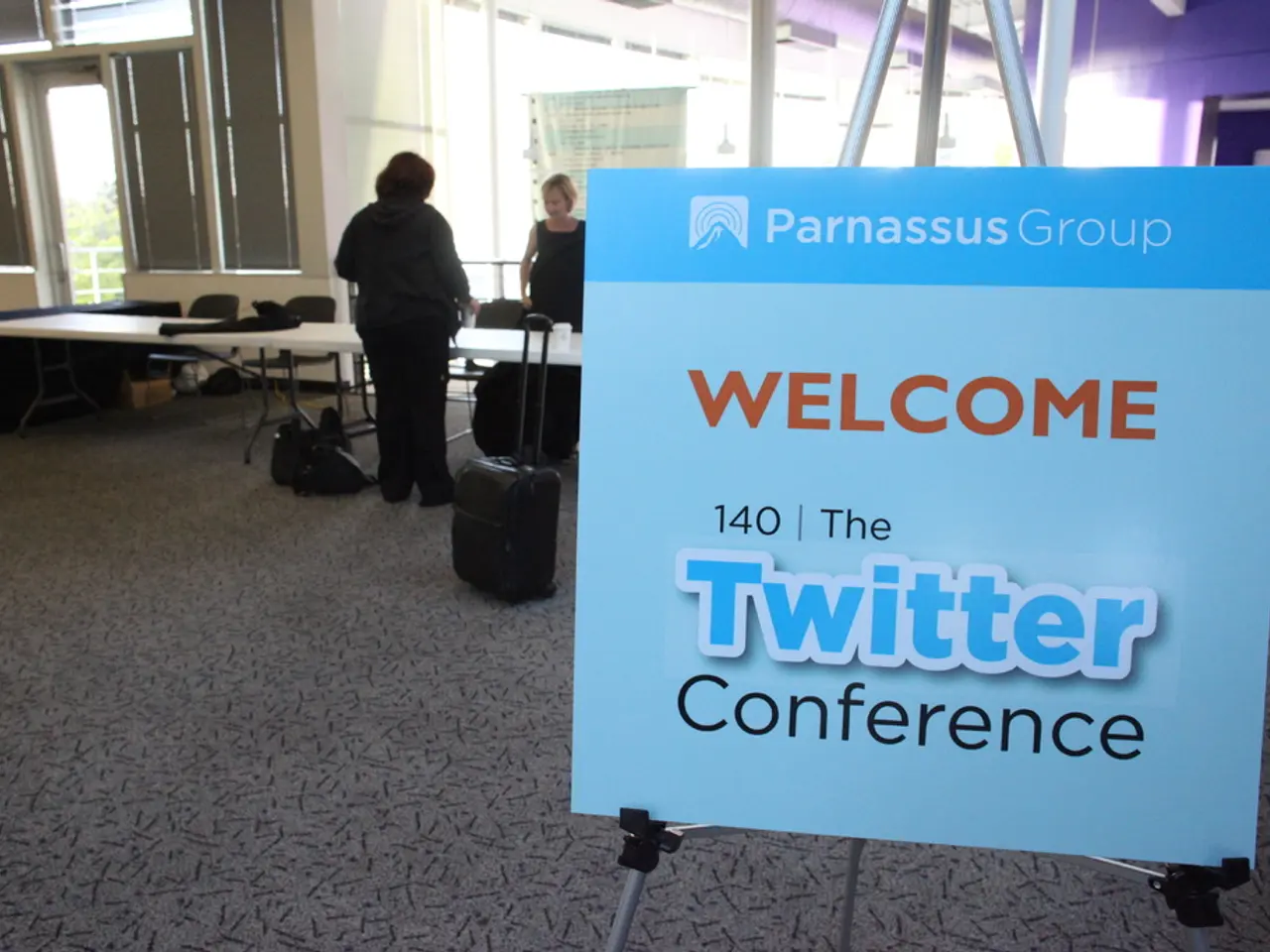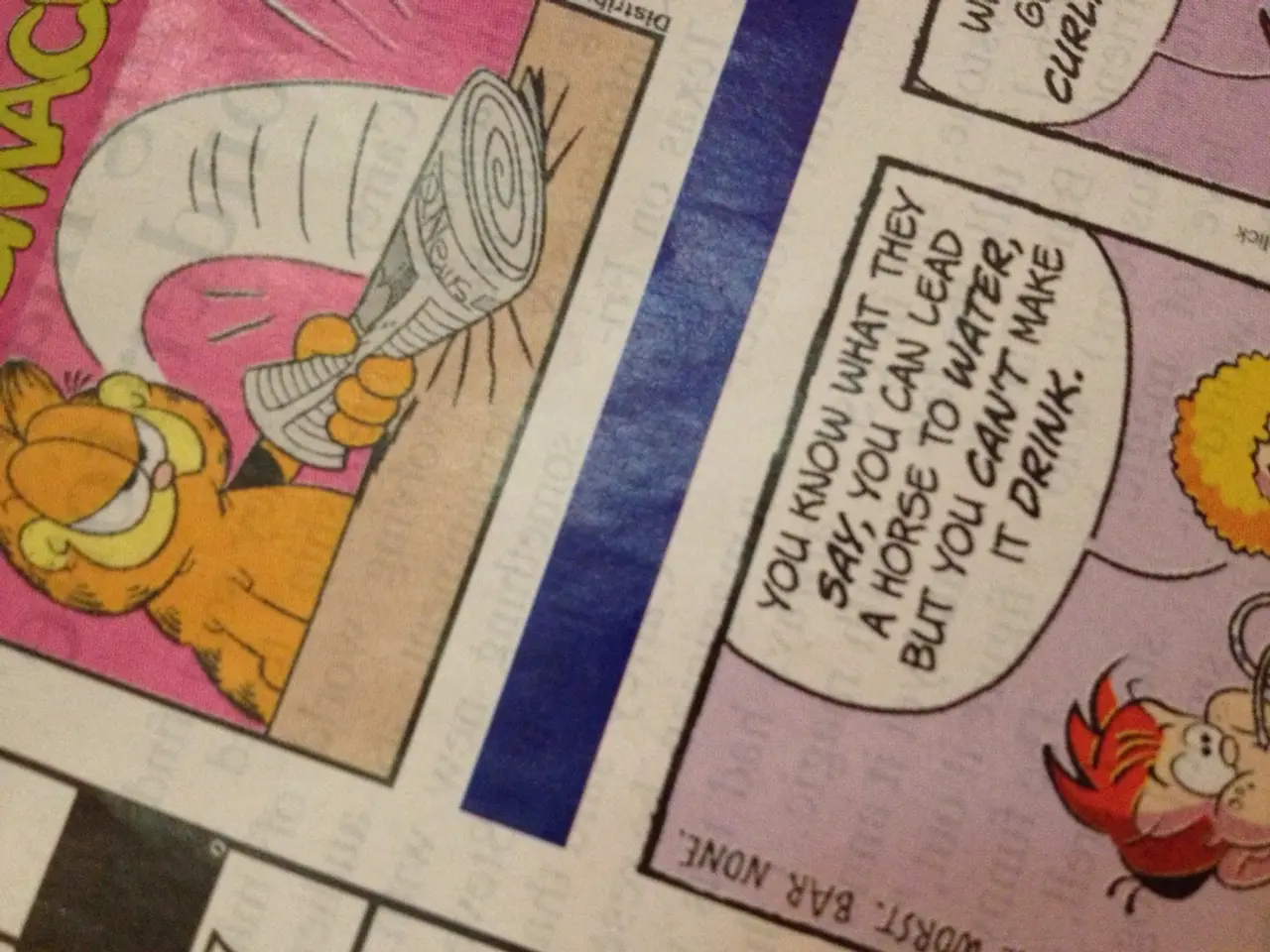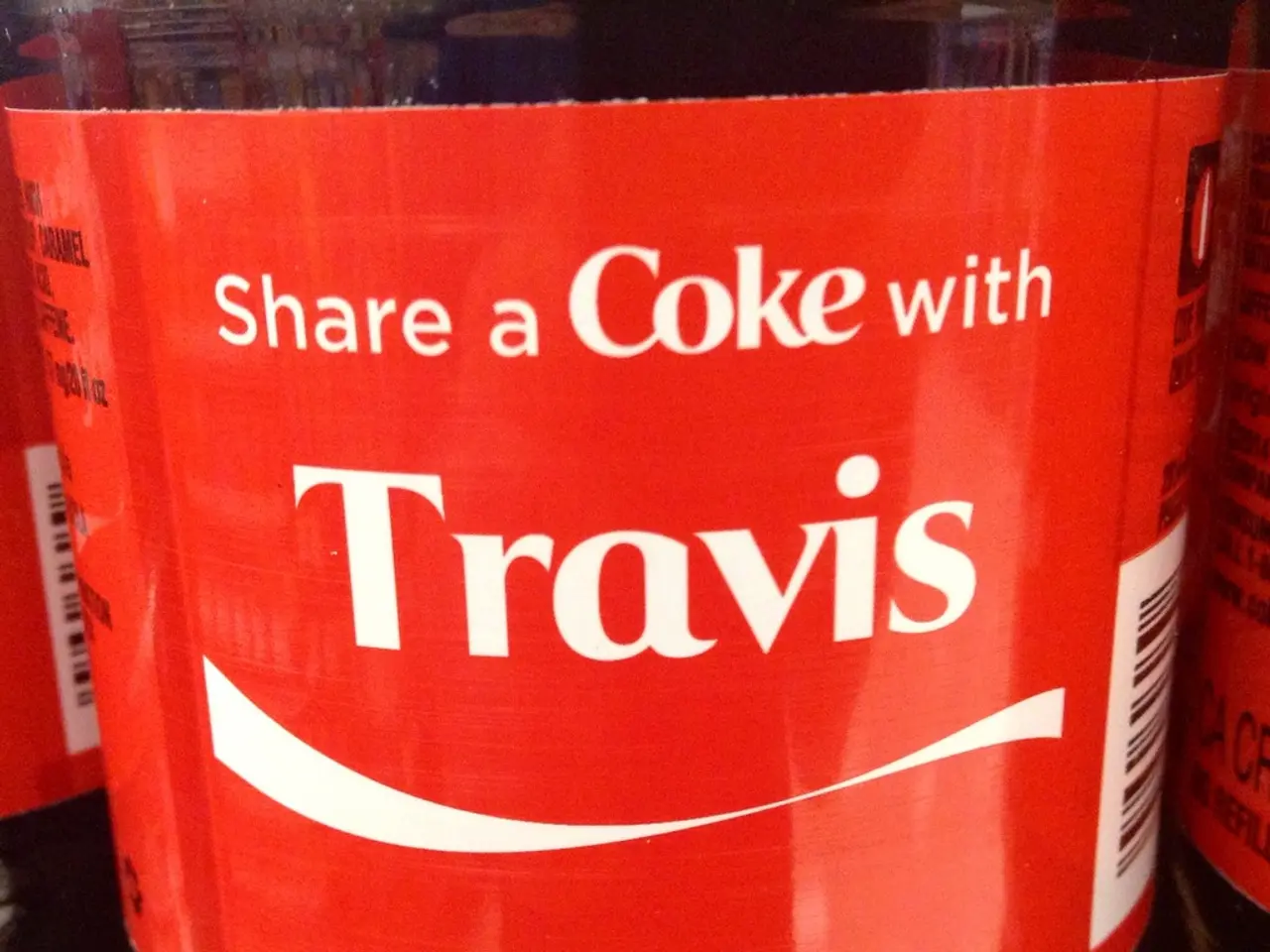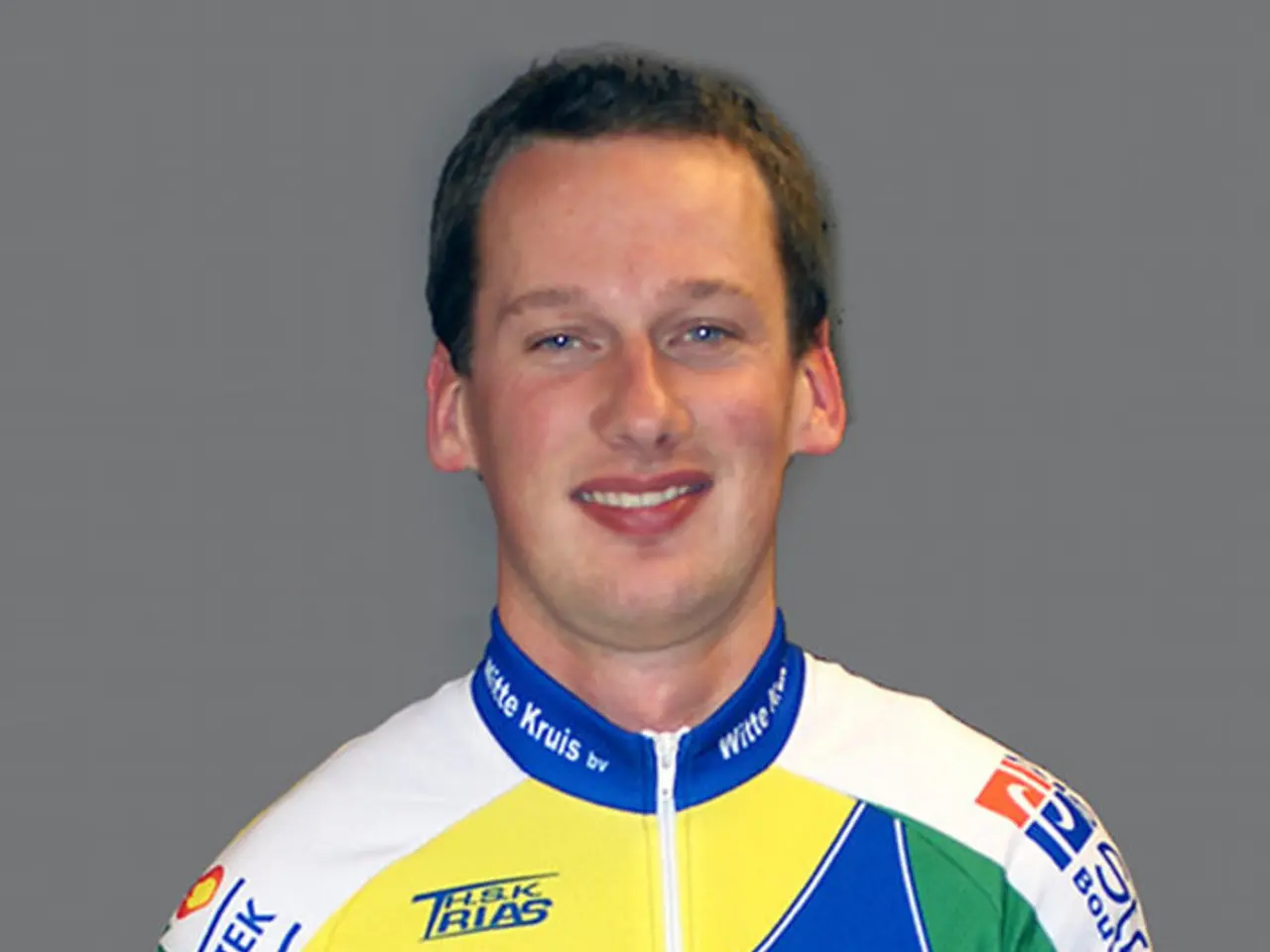"Political discourse on social media platforms: A popular medium for making political statements?"
In an unprecedented move, Prime Minister François Bayrou has ventured into the world of digital politics by releasing a video speech on YouTube. The 8-minute-long video, which was the Prime Minister's first on the platform, was released on Tuesday, August 5.
The video speech, an appeal to public opinion, was seen as a way for the Prime Minister to reconnect with citizens during the political and parliamentary vacation period. A passerby found the method of the video speech surprising, believing that Bayrou was trying to speak to the young and find a relatable manner to address the French.
However, the format of social media videos can be dangerous if not handled well. French authorities are investigating claims that social media algorithms, such as those of platform X, were altered potentially allowing foreign interference and skewing political discourse towards hateful or polarizing content. This represents a risk of undermining democratic processes and creating hostile environments for political debate.
Political figures may also be publicly threatened or harassed via comments or videos on platforms like YouTube. For example, President Emmanuel Macron received death threats following his stance on Palestine, highlighting a serious safety risk inherent to unmoderated or poorly moderated online communication channels.
The amplification of hateful or misleading content through algorithmic biases can distort democratic discussion and harm public trust in political communication on social media. Due to risks to minors and vulnerable groups, France supports strong regulation on social media access, which could impact how political messages are disseminated or perceived for different age groups.
Jean-Luc Mélenchon was the pioneer in using YouTube for video speeches, and other political leaders such as Marine Le Pen and Jordan Bardella prefer short videos on TikTok. However, the first episode of Bayrou's video speech might not be well-received due to its wordiness.
Despite the risks, Bayrou is trying to establish a direct link with the French through video speeches on YouTube. He stated, "We will accept the necessary efforts to get out of this situation." Political communicator Émilie Zapalski agrees, stating that venturing onto social media can be a risky terrain, but it offers a unique opportunity for politicians to connect with the public in a more personal and immediate way.
As Bayrou prepares for the new school year, he has planned additional episodes to explain his priorities for the new school year. The Prime Minister, however, has announced that he will not be taking a vacation, choosing instead to remain active in the digital sphere and continue his efforts to connect with the French people.
- In an attempt to modernize political communication and connect with a broader audience, Prime Minister François Bayrou's video speech on YouTube might be seen as a strategic move to navigate the complexities of digital politics, including its potential risks such as foreign interference, misleading content, and public harassment.
- Amidst the rise of social media as a platform for political discourse, political figures like Bayrou, who embrace this medium, must be wary of potential pitfalls and address issues related to algorithmic biases, regulation, and public safety, all while attempting to establish a more personal and immediate connection with the public.







